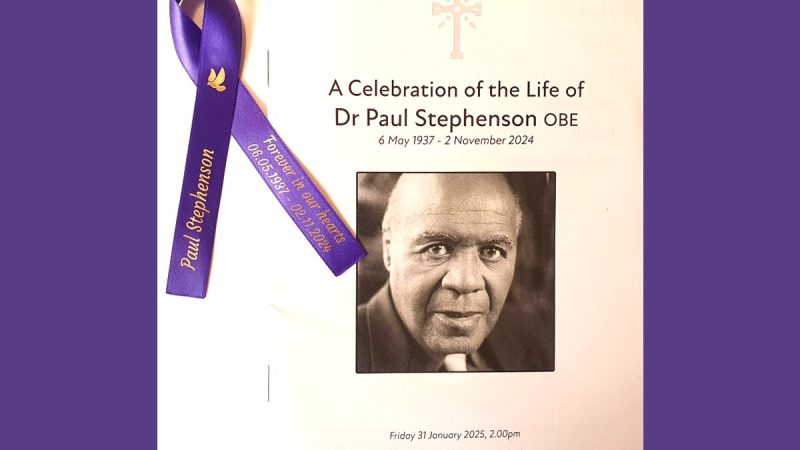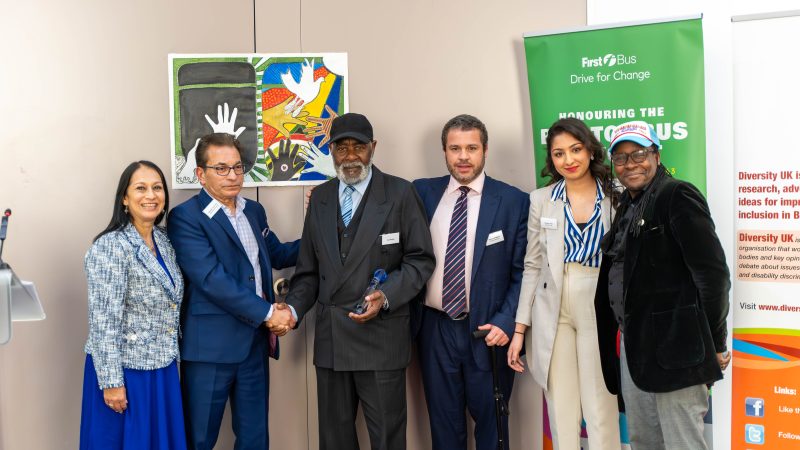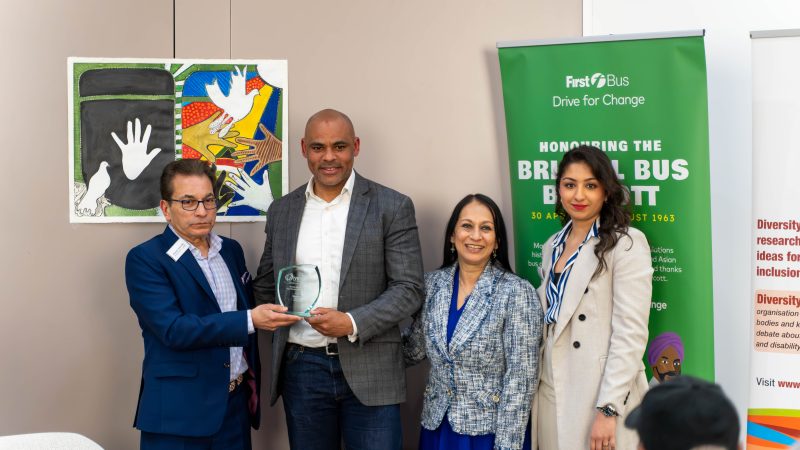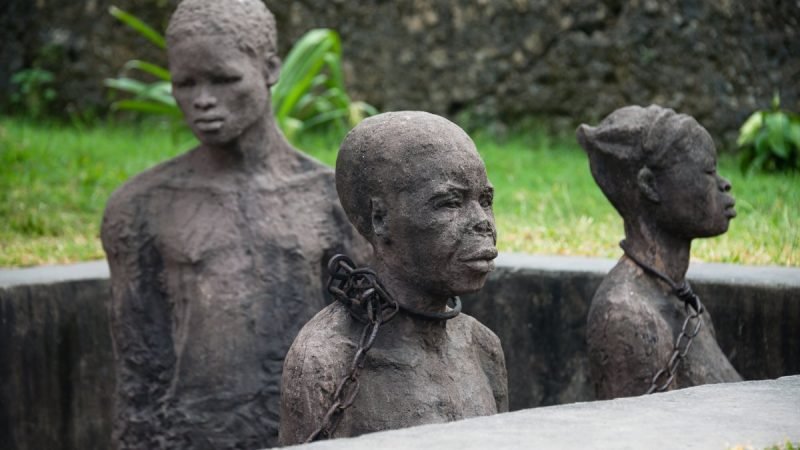BBC commits £100m spend on diverse productions and talent
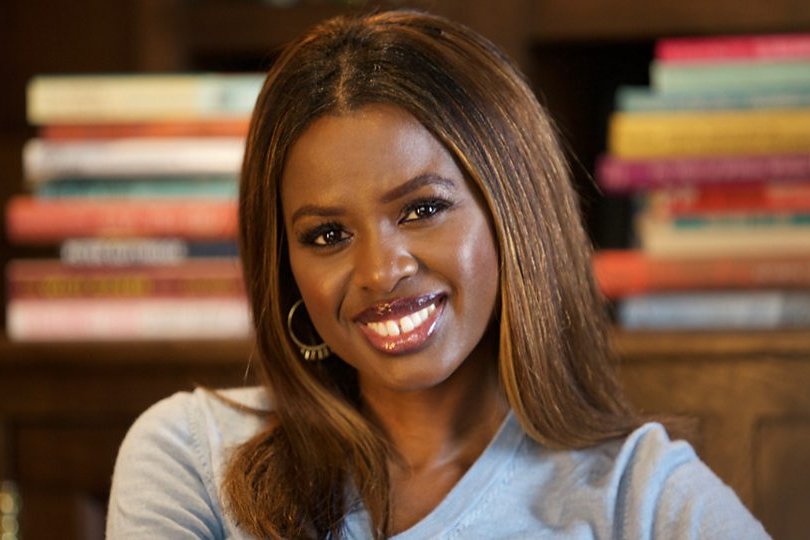
The BBC has committed £100m of its content spend on diverse productions and talent, it was announced today. The £100m spend over three years (from 2021/22 until 2023/24) towards diverse and inclusive content, will be supported by a new mandatory 20% diverse-talent target in all new network commissions from April 2021.
With this commitment, the BBC is throwing open its doors more widely than ever to diverse stories and diverse storytellers. The media industry is not changing fast enough. The BBC has been committed to creative diversity and inclusion for 100 years; but we now want to go further. The measures announced today are designed to accelerate the pace of change in increasing diversity and inclusion both on and off air. And to demonstrate change is being delivered, the BBC will report on progress in its Annual Report.
These steps are all part of the ambitious journey we are on to transform the BBC inside and out and make a real difference to the industry and to society at a critical time. The £100m investment will support our commitment to diversity and inclusion in our TV output across all genres, including children’s, education and current affairs. It will support the BBC’s Diversity Code of Practice, and commits the BBC to create content with at least two of the following three priorities:
- Diverse stories and portrayal on-screen
- Diverse production teams and talent
- Diverse-led production companies
Director-General, Tony Hall, says: “The senseless killing of George Floyd - and what it tells us about the stain of systemic racism - has had a profound impact on all of us. It’s made us question ourselves about what more we can do to help tackle racism - and drive inclusion within our organisation and in society as a whole.
“This is our response - it’s going to drive change in what we make and who makes it. It’s a big leap forward - and we’ll have more to announce in the coming weeks.”
June Sarpong, Director of Creative Diversity, says: “I came to the BBC as an outsider. Before joining I had an idea of this being an organisation that did not want to change. What I found was something different: an organisation that had ambitious goals for diversity and inclusion but didn’t know how to reach them. This commitment will help to drive real change that will be felt by all audiences. It will also create a strong framework to help diverse storytellers succeed at all levels of the industry.
“As Director of Creative Diversity, I’m pleased that we’re announcing this fund as the first of a series of bold steps that will help make the BBC an instrument of real change. As a black woman, I feel and share in the pain that so many are feeling worldwide. It makes it all the more important that we show up now not just with words but with meaningful action.”
Charlotte Moore, Director of Content, says: “When I met Steve McQueen last year during the making of Small Axe, he challenged me and the BBC to set meaningful targets and take proper action. He was right. Today’s announcement represents a truly transformational commitment to both on and off screen representation. Concrete, tangible action is the only way we can bring about real sustainable change”
Mandatory 20% diverse-talent target
The mandatory 20% diverse-talent target will apply to all new network commissions from April 2021. The need for change is urgent and our commissioning specification - which sets out the criteria for content production - will be updated this summer to encourage earlier action.
The Creative Diversity investment will be further aided by the following commitments:
We will run regular meet and greets across the country, to enable talent from traditionally under-represented minority groups to engage with BBC staff and external suppliers who shape the organisation’s creative output
We are working towards developing a comprehensive diverse digital database for the industry, and an accelerator program for on screen and off screen diverse talent
We will work with the Annenberg Inclusion Initiative on the ‘Belonging Blueprint’, a project aimed at establishing new practices to create wider access to entertainment industry jobs for traditionally marginalised individuals
We will continue to prioritise investing and developing diverse leaders at the BBC. The newly appointed Senior Leadership Advisors, two per leadership group, act as senior executives and bring fresh perspectives to each leadership board. They will receive development and training over the next year while they are in post
The Creative Diversity Unit, led by June Sarpong, Director of Creative Diversity, will publish a new strategy over the summer. The strategy will support the Belonging Blueprint, and the inclusion toolkit, a set of guidance and tools to help the BBC’s creative staff and industry partners ensure diversity and inclusion is at the heart of production
Later this year the BBC will also publish a detailed Diversity Commissioning Code of Practice report at the same time as the Annual Report and Accounts.
Leadership
The BBC is also stepping up its commitment to rapidly increase diverse representation at senior levels of the organisation and develop a new generation of talented leaders. By the end of 2020, our aim is to have every BBC board or senior leadership group with at least two members from a BAME background. Every key BBC leadership group is also appointing two new advisers, bringing with them fresh talents, backgrounds, perspectives and insights. One of the appointments on each group will be expected to have a deep understanding of BAME issues.
This year the BBC appointed six new Assistant Commissioners through the Content Commissioner Development Programme. This training and development scheme offers TV professionals with a disability, or who are from black, Asian and minority ethnic backgrounds the opportunity to develop their commissioning skills, and is now running for the third time.
BBC 50:50 Project
We are expanding the remit of BBC’s 50:50 Project, a voluntary system of self-monitoring that began in one small team in the newsroom and has grown across global media, to include BAME and disability targets. 50:50 uses data, transparency and peer group dynamics to drive performance and cultural change. It now covers 600 teams, over 4,000 producers and content creators, from across the BBC – from news, content, radio and music to the nations and regions. It has already delivered significant shifts in representation of women at minimal cost: In March 2020, two-thirds (66%) of data submitted reached 50% women contributors - up 9% on the previous year. Following this success, its remit will be expanded to further include targets for BAME (15%) and disability (12%) aligned to the BBC’s current diversity and inclusion strategy.
CDX
In July, we will host CDX, an innovative industry-first two-day virtual program created to promote and celebrate the vibrancy, innovation, and leadership of national and international Black, Asian and other ethnic minority talent across the creative industry.
About the BBC
The British Broadcasting Corporation (BBC) is a British public service broadcaster. Founded in 1922, it is the world's oldest national broadcaster and the largest broadcaster in the world by number of employees. It employs over 22,000 staff in total, more than 16,000 of whom are in public sector broadcasting. The total number of staff is 35,402 when part-time, flexible, and fixed-contract staff are included and it had a turnover of £4.9 billion in 2019.
For further information visit https://www.bbc.co.uk/

